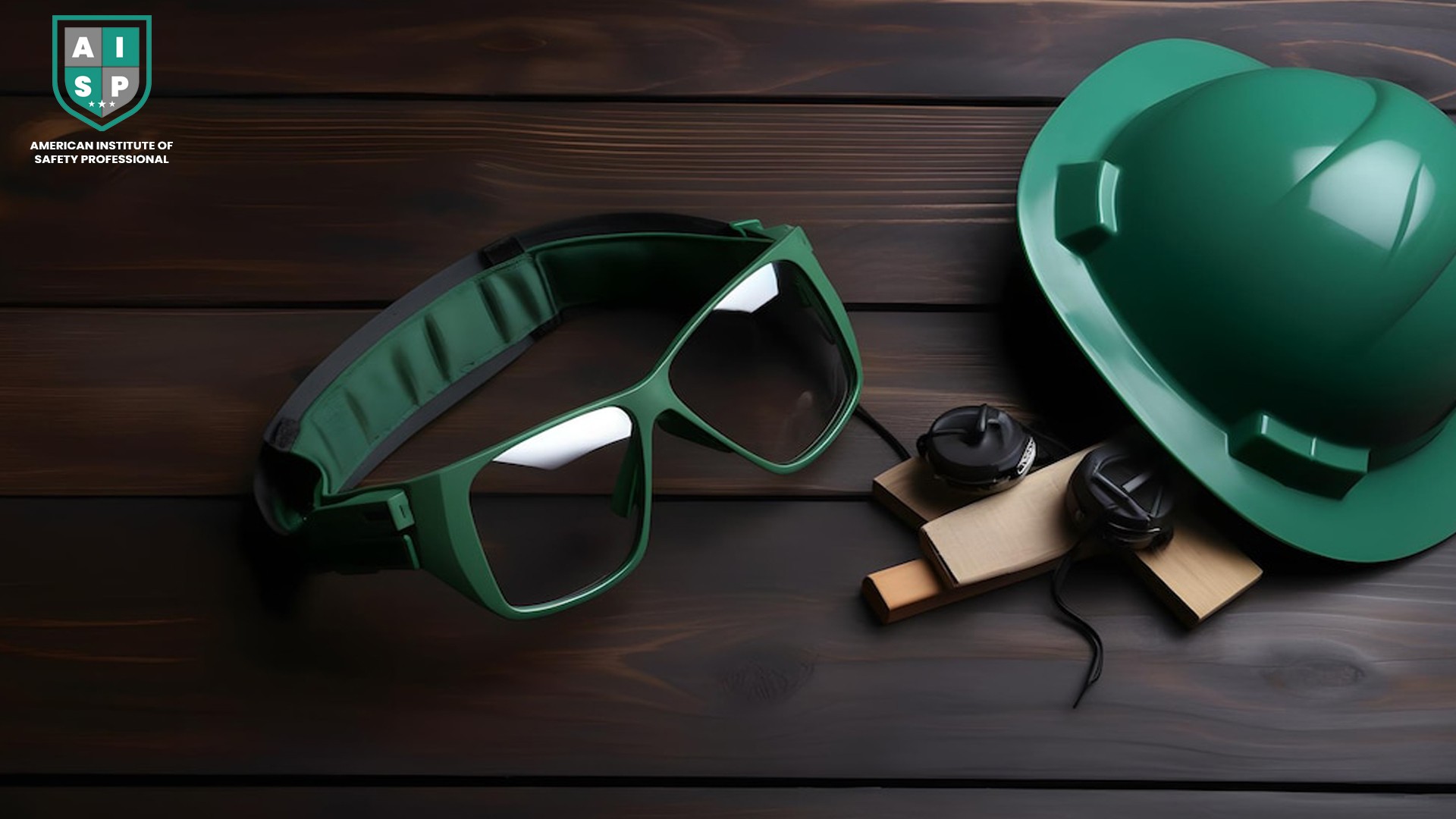Introduction:
Outdoor activities and events are a great way to enjoy the beauty of nature and create lasting memories. Whether you're organizing a music festival, a community gathering, or a backyard barbecue, it's important to prioritize safety, particularly when it comes to electrical hazards. Outdoor settings introduce unique challenges when it comes to electrical safety, but with proper precautions, you can ensure a safe and enjoyable experience for everyone involved. In this blog post, we will discuss essential electrical safety precautions to keep in mind when planning and hosting outdoor activities and events.
1. Conduct a Risk Assessment:
Before setting up any electrical equipment or infrastructure, it's crucial to conduct a thorough risk assessment of the outdoor space. Identify potential hazards such as overhanging trees, water sources, and underground cables. This assessment will help you plan the layout and placement of electrical equipment, minimizing the risk of accidents and electrical shocks.
2. Use Outdoor-Rated Electrical Equipment:
When it comes to outdoor events, it's essential to use electrical equipment that is specifically designed for outdoor use. Outdoor-rated extension cords, power strips, and lighting fixtures are constructed with weather-resistant materials and have appropriate grounding features to withstand exposure to moisture, sunlight, and other outdoor elements. Using indoor-rated equipment outdoors increases the risk of electrical malfunctions and accidents.
3. Proper Grounding:
Ensuring proper grounding is crucial to prevent electrical shocks and equipment damage. Use equipment with built-in grounding features and verify that the electrical outlets in the outdoor area are properly grounded. Avoid using adapters or removing grounding pins, as this compromises the safety of the electrical system.
4. Avoid Overloading Circuits:
One common mistake is overloading electrical circuits by connecting too many devices to a single outlet or power strip. This can lead to overheating, circuit breakers tripping, and even electrical fires. Distribute the electrical load across multiple circuits and use power strips with built-in surge protectors to prevent damage to sensitive equipment.
5. Protect Cables and Wiring:
Outdoor environments expose electrical cables and wiring to various hazards, including foot traffic, heavy equipment, and extreme weather conditions. Use cable ramps, covers, or conduits to protect cables from being stepped on or damaged by vehicles. Keep cables away from water sources and securely fastened to prevent tripping hazards.
6. Inspect and Maintain Equipment Regularly:
Regular inspection and maintenance of electrical equipment are essential to identify any potential issues and ensure safe operation. Inspect cables, connectors, and plugs for signs of damage, such as fraying or exposed wires, and replace them immediately if necessary. Regularly check and tighten connections to prevent loose or faulty connections that can cause electrical shocks or equipment failure.
7. Weather Considerations:
Outdoor events are subject to unpredictable weather conditions, including rain, wind, and lightning. Take appropriate precautions to protect electrical equipment during adverse weather. Use waterproof covers for electrical connections and consider the use of ground fault circuit interrupters (GFCIs) to automatically shut off power in the event of a ground fault.
8. Educate Staff and Participants:
Properly educating staff and participants about electrical safety is vital to prevent accidents and promote a culture of safety. Provide clear instructions on the safe use of electrical equipment, including proper handling of extension cords, avoiding water contact, and reporting any electrical issues promptly. Consider posting signage with safety reminders and emergency contact information in prominent locations.
Conclusion:
When organizing outdoor activities and events, electrical safety should be a top priority. By following these essential precautions, conducting a risk assessment, using outdoor-rated equipment, ensuring proper grounding, avoiding overloading circuits, protecting cables and wiring, inspecting and maintaining equipment regularly, considering weather conditions, and educating staff and participants, you can create a safe environment for everyone involved. Remember, prioritizing electrical safety not only prevents accidents but also ensures that your outdoor events are enjoyable and memorable for all the right reasons.





0 comments
No Comments